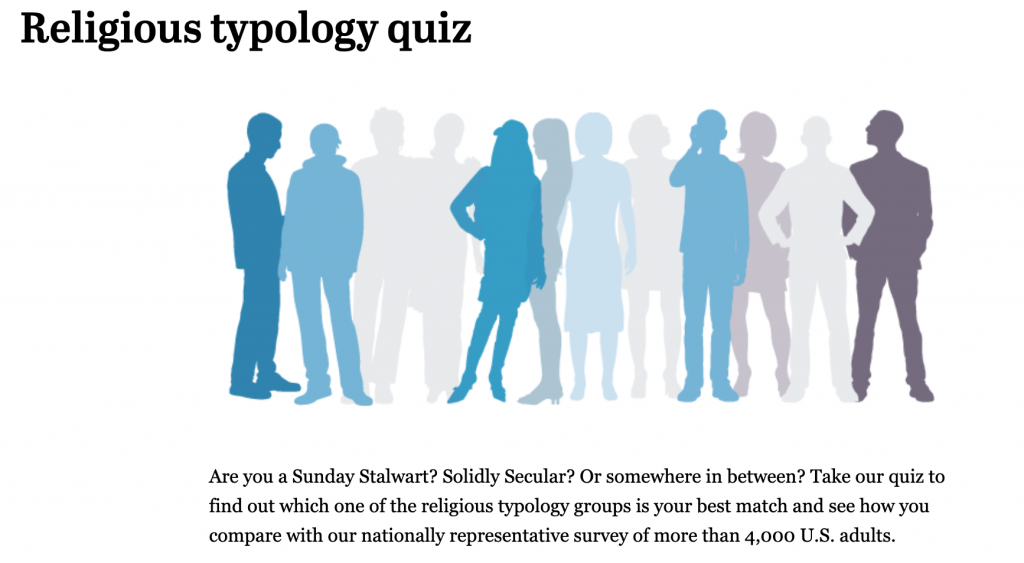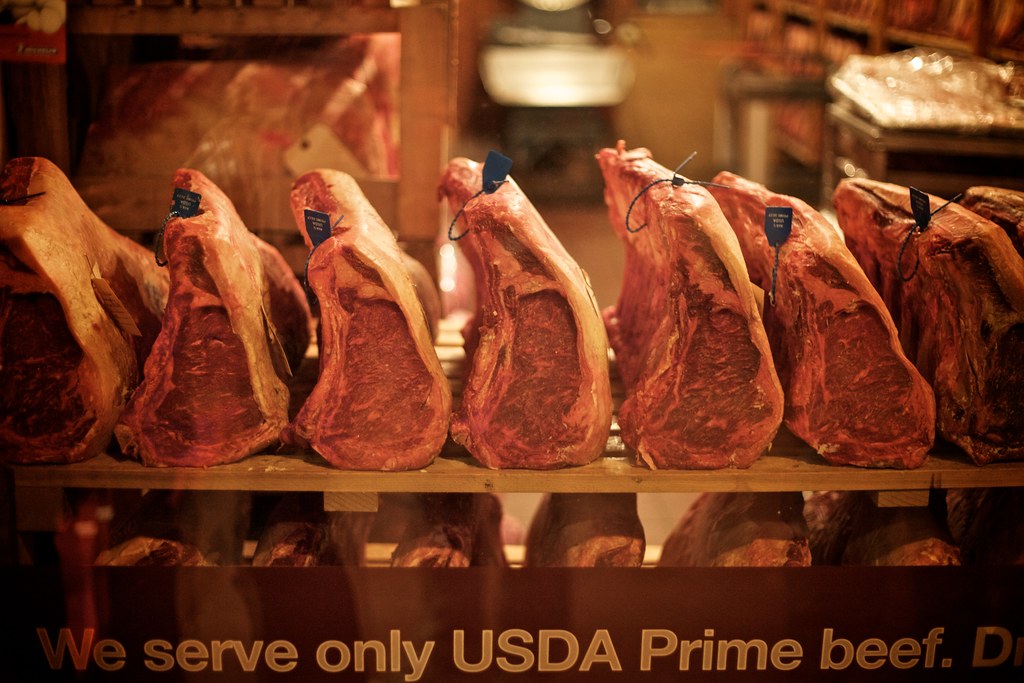I love this episode on Supreme and streetwear from Patriot Act with Hasan Minhaj, especially for the explainer on conspicuous consumption with a nod to “O.G. Hypebeast” Thorstein Veblen.
Veblen’s The Theory of the Leisure Class is a classic on how people use wealth and taste to make status, and conspicuous consumption is a good way to explain how hype happens. It got me thinking about other classic sociological explanations for how luxury brands blow up.

Marx’s idea of commodity fetishism is also important for understanding luxury brands and other Veblen goods. While conspicuous consumption focuses on why people buy, this idea gets to the core of how these goods get associated with status. We often venerate all the labor that supposedly goes into a luxury product, like a fancy watch, or we venerate the creative processes in branding or appropriating ideas. For Marx, the important part is that we transfer the value of that labor into the product and treat the product like it just has that value on its own.
This is the reason why the products of labour become commodities, social things whose qualities are at the same time perceptible and imperceptible by the senses. In the same way the light from an object is perceived by us not as the subjective excitation of our optic nerve, but as the objective form of something outside the eye itself…There it is a definite social relation between men, that assumes, in their eyes, the fantastic form of a relation between things.
Karl Marx. 1887. Capital: A Critique of Political Economy. Volume 1
Marx goes on to compare this process to the development of religious beliefs, and here we could also look at Émile Durkheim and collective effervescence. Part of the reason these products get hype is that they create big social events around shopping. The long lines and limited edition “drops” force people to get together in large crowds at special times to get the product. This makes shopping less of an individual experience and more of a collective one, where just being in the crowd contributes to the excitement.

All these theories make an important point about the social dynamics of popular products. As Matt Powell says in an interview earlier in the episode, you can’t take hype to the bank. But maybe you can; the generation of hype isn’t just an ephemeral, “fake” thing, but an example of a core truth in sociology—if people define hype as real it is real in its consequences.
Evan Stewart is an assistant professor of sociology at University of Massachusetts Boston. You can follow his work at his website, or on BlueSky.





